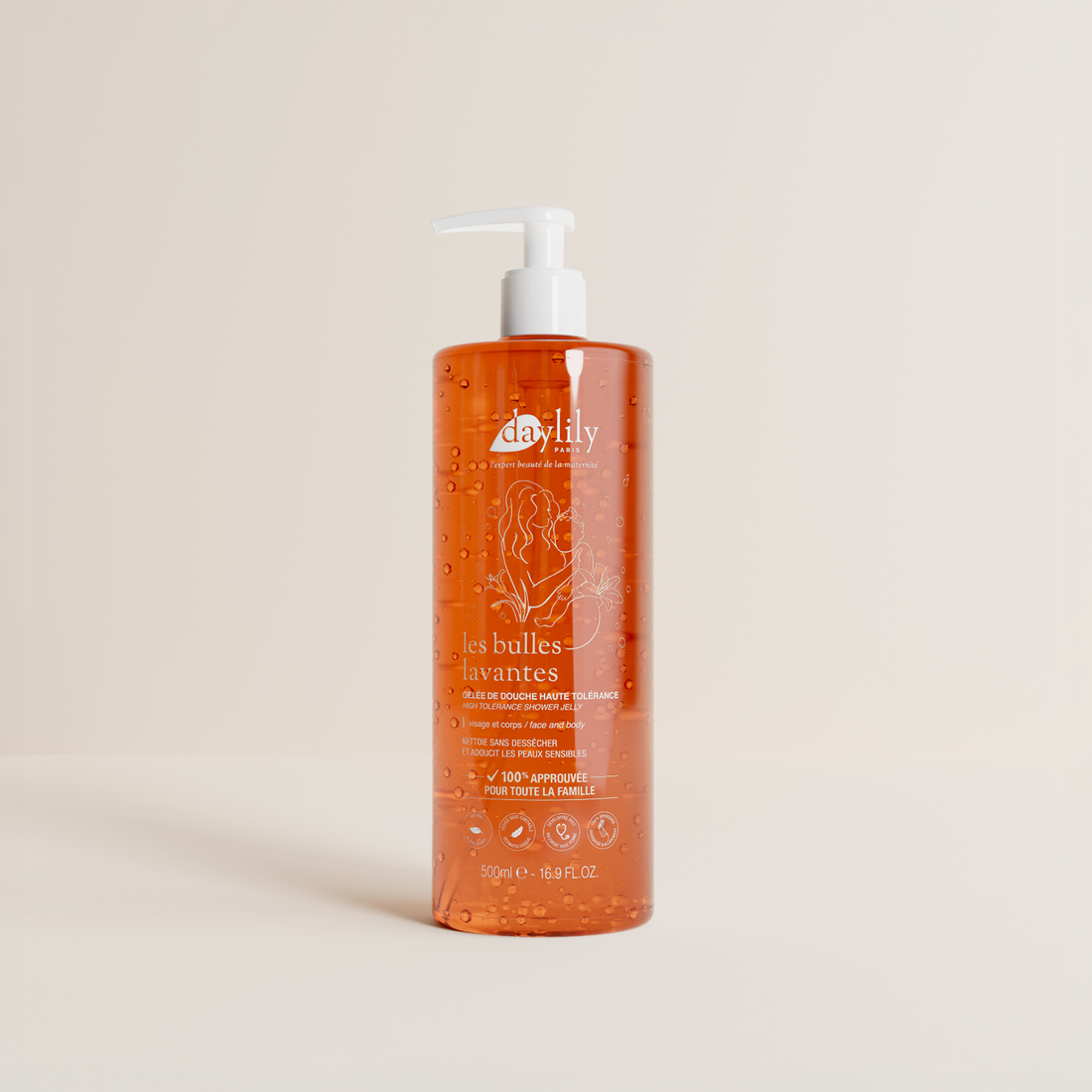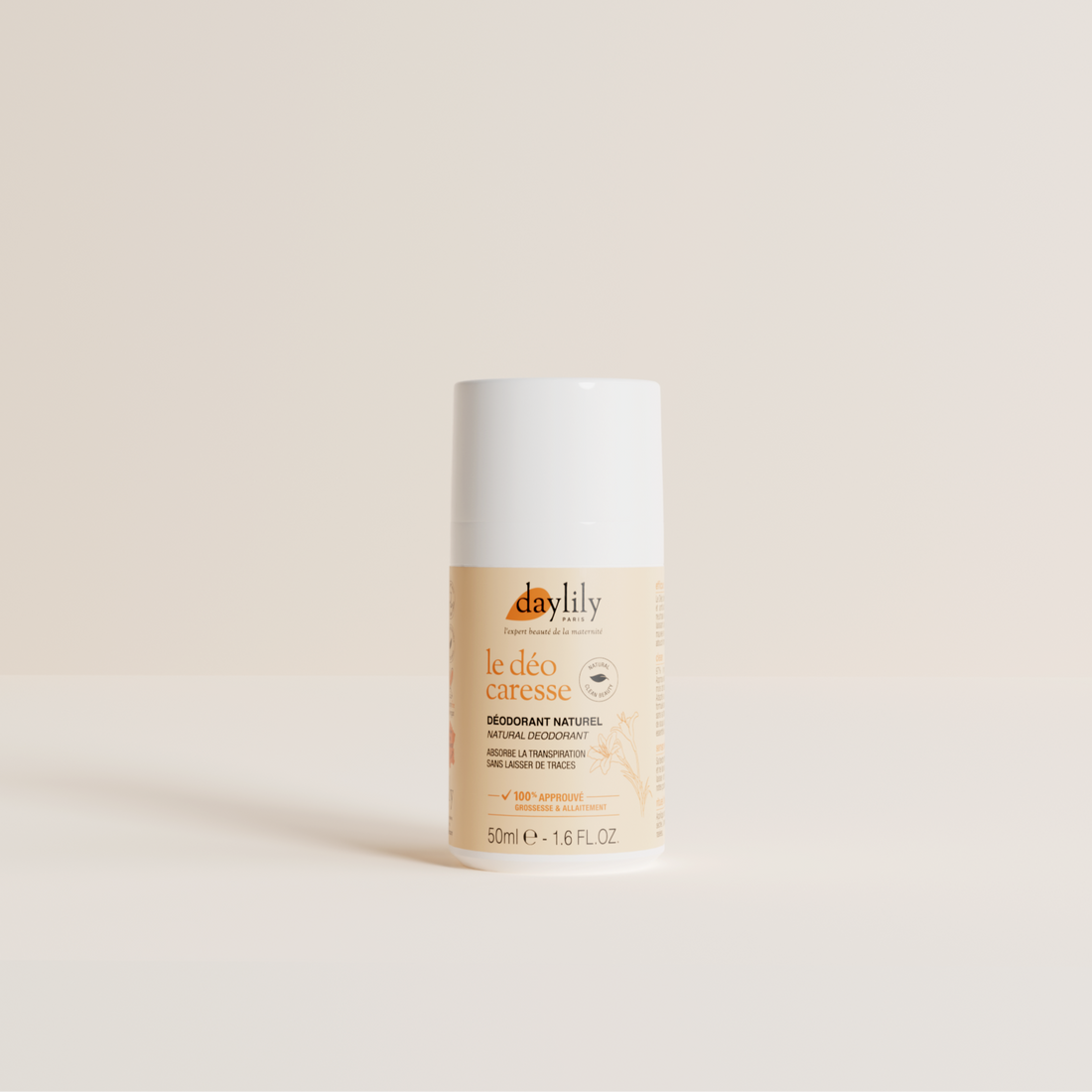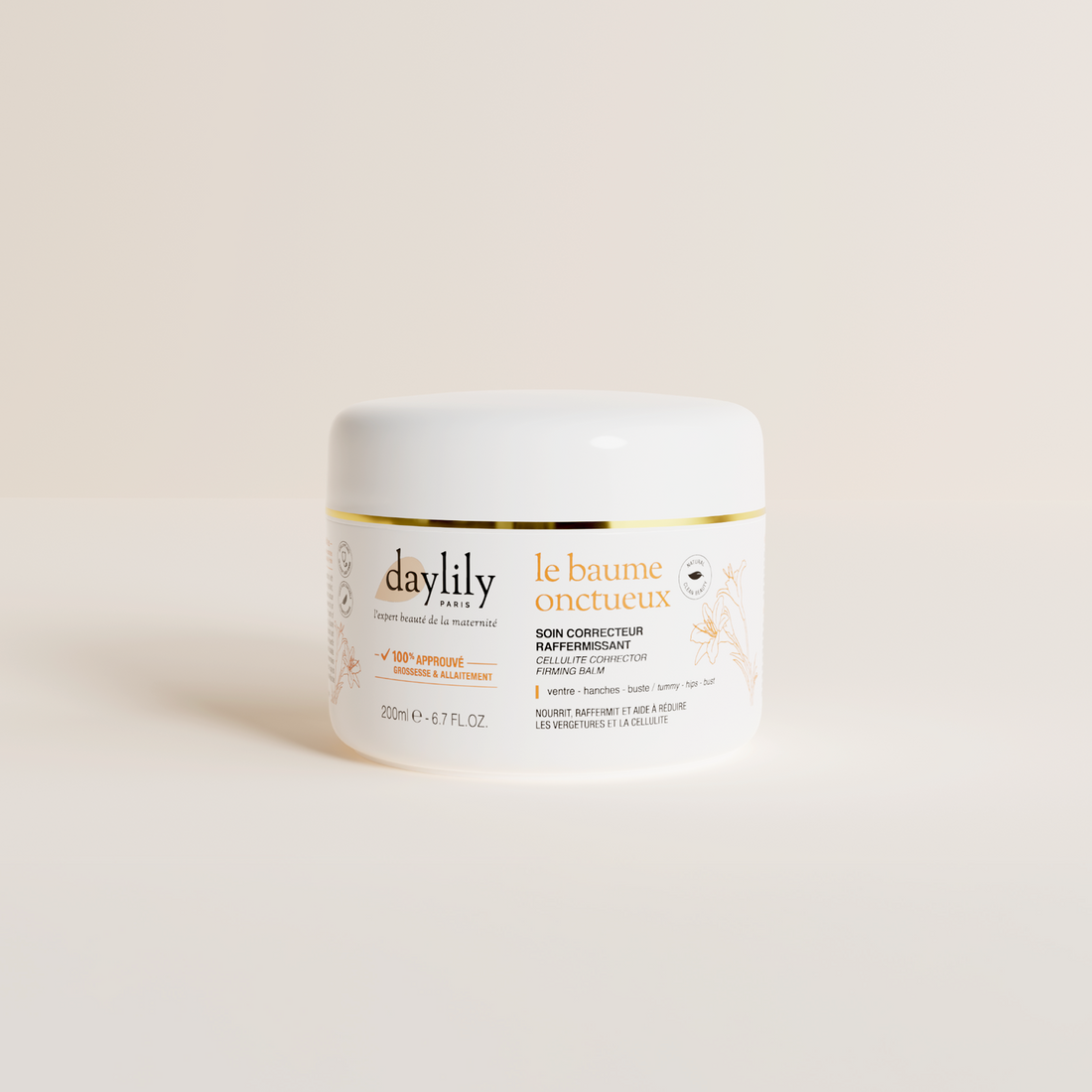- What are the symptoms of internal GERD?
- Simple GERD and complicated GERD
- How to treat GERD in a baby?
What are the symptoms of internal GERD?
Esophageal Gastric Reflux (GERD) refers to the involuntary rise of gastric contents from the esophagus towards the mouth. Common in infants, it is accompanied by several symptoms:
• Frequent and significant regurgitation, after breastfeeding or taking a bottle, but not only. GERD can appear at any time of the day and even outside of meals.
• A restless baby , even more so when it's time to feed (breast or bottle): he squirms, arches his back, cries or refuses to feed, which can lead to insufficient weight gain.
• Sleep problems : baby sleeps poorly and wakes up frequently, he is grumpy and seems bothered by something.
Simple GERD and complicated GERD
In most cases: simple GERD
Internal GERD can be more or less marked depending on the baby. We speak of simple GERD when a baby frequently spits up after a bottle of formula or a feeding.
These regurgitations, composed of milk and saliva, are caused by an immature digestive system in young children. When we eat, a muscle located at the border of the esophagus and the stomach helps open the esophageal sphincter to let food pass and then closes to prevent reflux. The esophageal sphincter thus functions like a valve, which opens and closes with meals. In a baby, this "valve" does not always work correctly, and can allow gastric contents to rise up into the esophagus and into the mouth - which will manifest itself in regurgitation which is certainly annoying, but which does not impact the health of the baby every day.
Combine this with a small stomach in infants, which does not have the capacity to stretch - like a bucket, when it is full, it overflows - and you obtain two factors which greatly favor the reflux.
From 3/4 months, regurgitation begins to decrease. Simple GERD disappears naturally when children begin to sit upright and gradually move on to solid foods. Around the age of 1, gastric reflux is nothing more than a bad memory for most children.
Complicated internal GERD, and its consequences
In cases of so-called complicated GERD, it is more difficult to relieve the baby. The child suffers, and the acidity of the gastric fluid can cause esophagitis, that is to say inflammation of the esophagus, which will require specific treatment. Reflux can aggravate or trigger other pathologies: bronchiolitis and recurrent pneumonia, asthma, etc.
Diagnosing GERD is not always easy, as symptoms can be suggestive of other problems, such as allergies or food intolerances. Indeed, a baby allergic to cow's milk proteins may also experience vomiting and abdominal pain, which causes incessant crying. It is your pediatrician or doctor who will be able to carry out the appropriate tests to identify the problem, so you should consult them at the first symptoms.

How to treat GERD in a baby?
To limit reflux and its inconveniences, several solutions exist and are worth testing:
• Make sure that baby does not swallow too much air during the bottle, always keeping the teat filled with milk. You can take breaks during feeding or bottle-feeding by picking up your baby. This will allow him to burp and release the air in his stomach. Take some time to routinely burp him after each meal.
• Avoid lying down immediately after feeding your baby : you can keep him upright in your arms, in his high chair if he is old enough to sit up, or in a baby carrier. Many mothers say that the baby sling has greatly improved their babies' gastroesophageal reflux disease. (2) (3)
• For naps or at night, consider raising the mattress slightly , with a pillow or inclined plane placed underneath, so that his head is higher than his feet.
• In terms of alternative medicine, why not consider osteopathy ? Your practitioner will be able to manipulate baby to reduce intra-abdominal tension, improve gastric activity and the tone of the esophageal sphincter.
• If your child takes bottles of infant formula, you can turn to thickened milks. Their preparation is enriched with a thickener, such as potato, rice or corn starch, pectin or even carob flour. The best thing to do before switching to “AR milk” (for anti-reflux) is to seek advice from your pediatrician who will be able to tell you which one is best suited to your baby.
If all these little techniques don't work, know that there are medicinal treatments to help baby. Certain medications improve stomach tone to limit reflux. In the most extreme cases, you may be asked to use proton pump inhibitors (PPIs), which will block acid secretion from the stomach and thus put an end to the burns in the esophagus.
Do you suspect GERD in your infant? The best thing is to talk to your pediatrician or doctor without delay, who will be able to put in place appropriate treatment depending on the severity of the symptoms to overcome this regurgitation.
You should quickly see baby's comfort and sleep improve significantly – and yours too! Moreover, after childbirth, remember to pamper this body that gave birth by applying our postpartum treatments, such as Le Baume Onctueux, which bring a good dose of softness and well-being to young mothers.
















